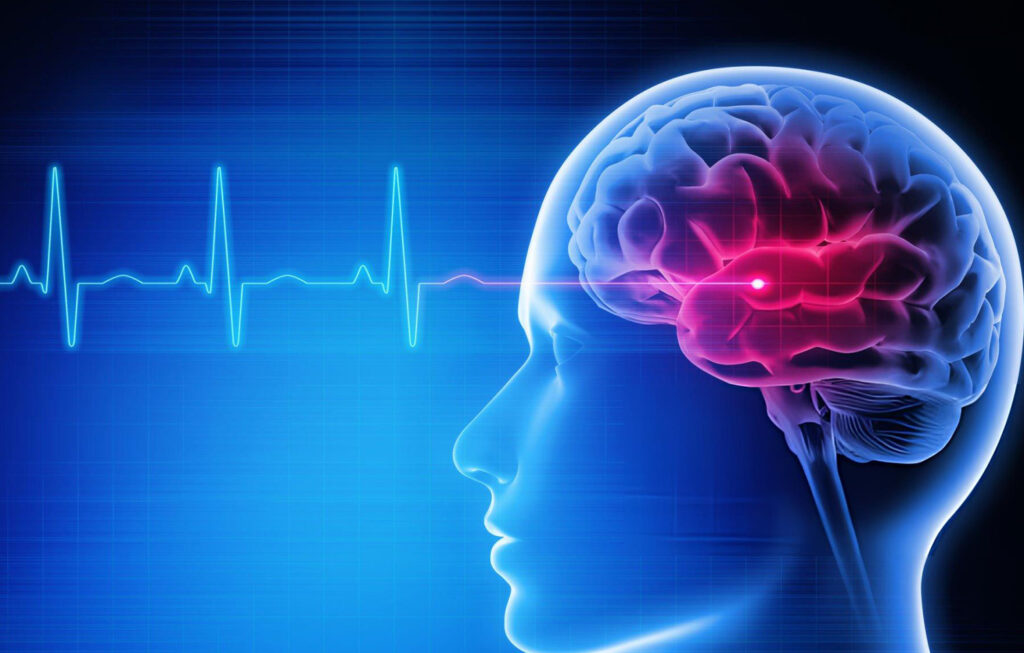Blood flow is essential for life. It transports oxygen to all of your cells and carries away toxins. Without proper blood flow our cells do not get the support they need to survive and optimally function. If blood flow is decreased to the point of causing lack of oxygenation those tissues and cells will die. We see this happen in kidney failure, heart attacks and strokes, as well as the complications from diabetes. Blood flow is critical!
Even though our brain makes up a very small percentage of our body, 3%, it uses up to 20% of our oxygen supply. So anything that impairs our blood flow and oxygenation of blood will significantly impair our brain function, learning and memory. Decreased blood flow to the brain can result in mood disorders, issues with memory and mental clarity and significantly increases the risk of Alzheimer’s and dementia. According to brain imaging studies, low blood flow is the number one imaging predictor of Alzheimer’s disease.
So, what are the things that reduce blood flow to the brain?
- Excess Alcohol consumption
- Alcohol decreases blood flow to the brain.
- High caffeine intake
- 3 or more cups of coffee per day decreases blood flow by constricting the blood vessels leading to the brain.
- Lack of activity
- Exercise less than 30minutes daily has been associated with decreased blood flow to the brain. Up to 90% of teenagers and adults do not get enough exercise. This is quite possibly contributing to the increase in depression, anxiety and other mental health issues in the younger population.
- Smoking and Nicotine use
- Smoking directly constricts blood vessels in the brain. Brain imaging scans reveal smaller and more damaged brains in smokers compared to nonsmokers.
- Pre-diabetes or diabetes
- High blood sugar damages the small blood vessels called capillaries. These damaged blood vessels are unable to optimally transport blood and oxygen to the brain.
- Cardiovascular disease such as high blood pressure or cholesterol
- These conditions are all indicators of reduced blood flow.
- Personal history or a heart attack or stroke, atherosclerosis or coronary artery disease
- This means that blood vessels are already damaged and narrowed and prone to decreased blood flow.
- Sleep Apnea
- Untreated sleep apnea results in lower blood flow and oxygenation in the brain.
- Thick blood
- Thicker blood means there is more resistance to optimal blood flow. This reduces the oxygen delivery to the brain and also means the heart needs to work harder to get the blood up to the brain.
- High stress
- One of our main stress hormones, cortisol, causes our blood vessels to constrict.
So what can we do to encourage optimal blood flow to the brain?
- Reduce stress and take up 20 minutes of relaxing mediation per day. There are some great apps and devices that help with this.
- Reduce alcohol and caffeine consumption
- Stop smoking
- Reduce sugar intake. A good way to do this is to avoid all food with added sugar. If sugar is listed on the ingredient label leave it one the shelf.
- Consider specific nutritional supplements to promote blood flow, healthy cholesterol and blood pressure.
- Get checked for sleep apnea if you do not feel rested in the morning and feel tired throughout the day.
- 30 minutes exercise per day.
We’re currently working on a Brain Kit that you can do at home! It will include all the essentials for a healthy, well-functioning brain. The nutrition program, supplements and latest brain technology work together to optimize blood flow to the brain. This kit combined with 30 minutes of daily exercise will help promote a better supported brain and healthier you.

